Search

Pregnancy Lifestyle Activity and Nutrition (PLAN)
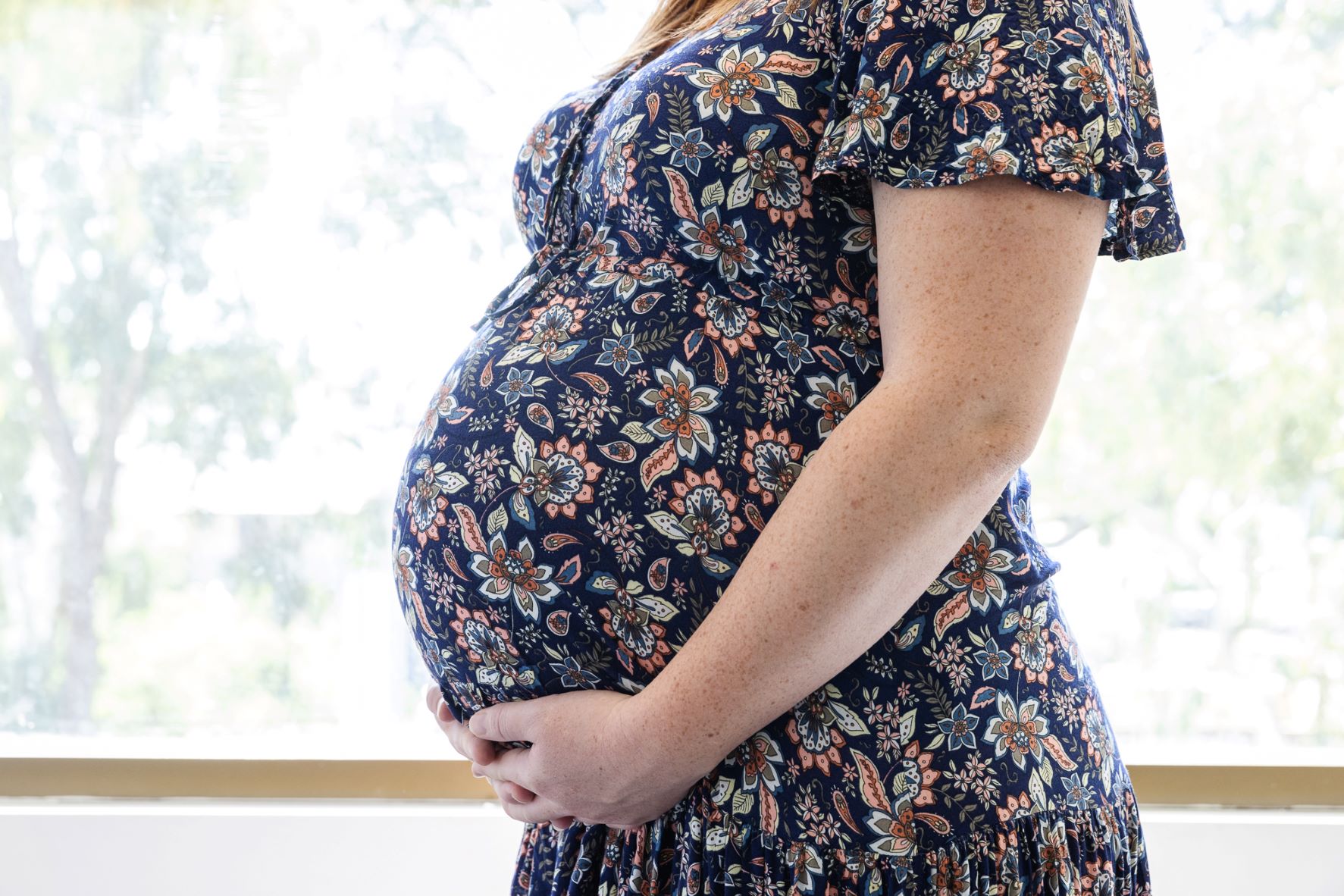
SYMBA is promoting gut health (symbiosis) with prebiotic fibre taken during pregnancy for prevention of allergic disease.
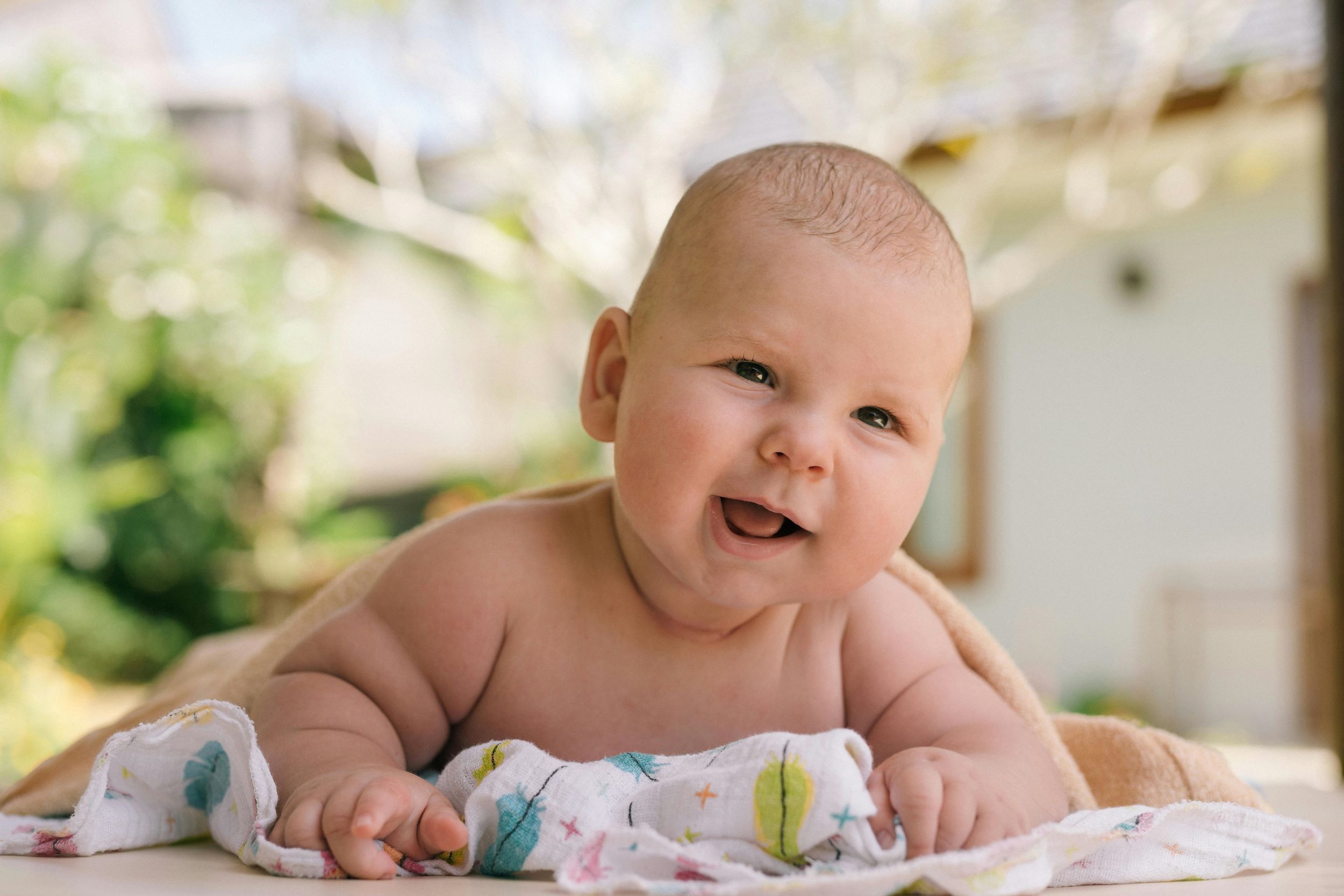
Determining the associations of sun exposure in early life on the development of non-communicable diseases.
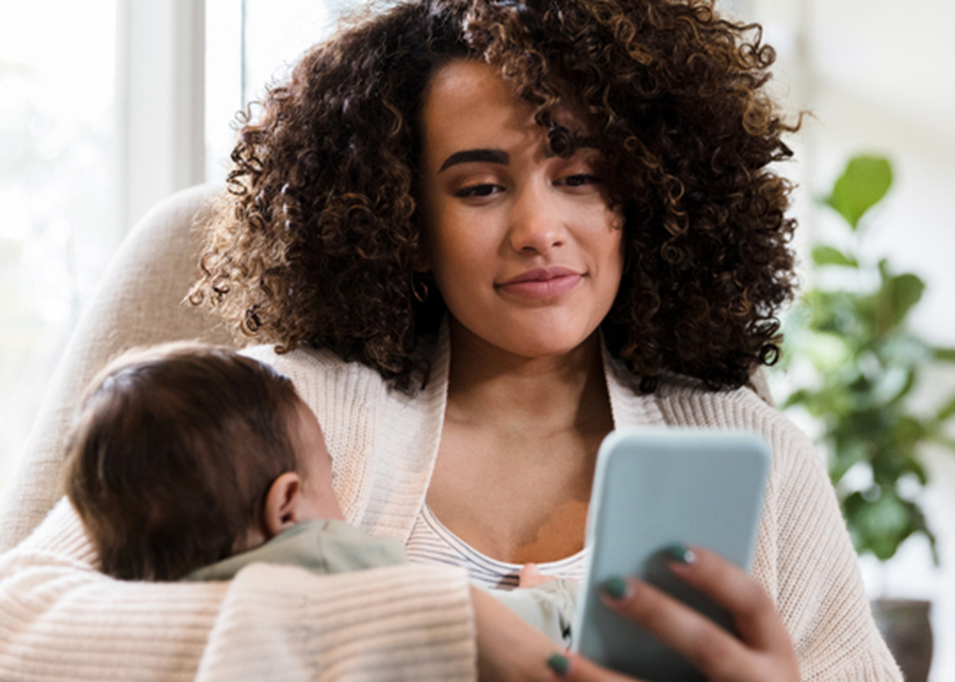
Understanding how families engage with screen technologies and how it may influence child development

Strengths-based, tiered, accessible, resources and supports (STARS) for Kids for parent, carers and their children.
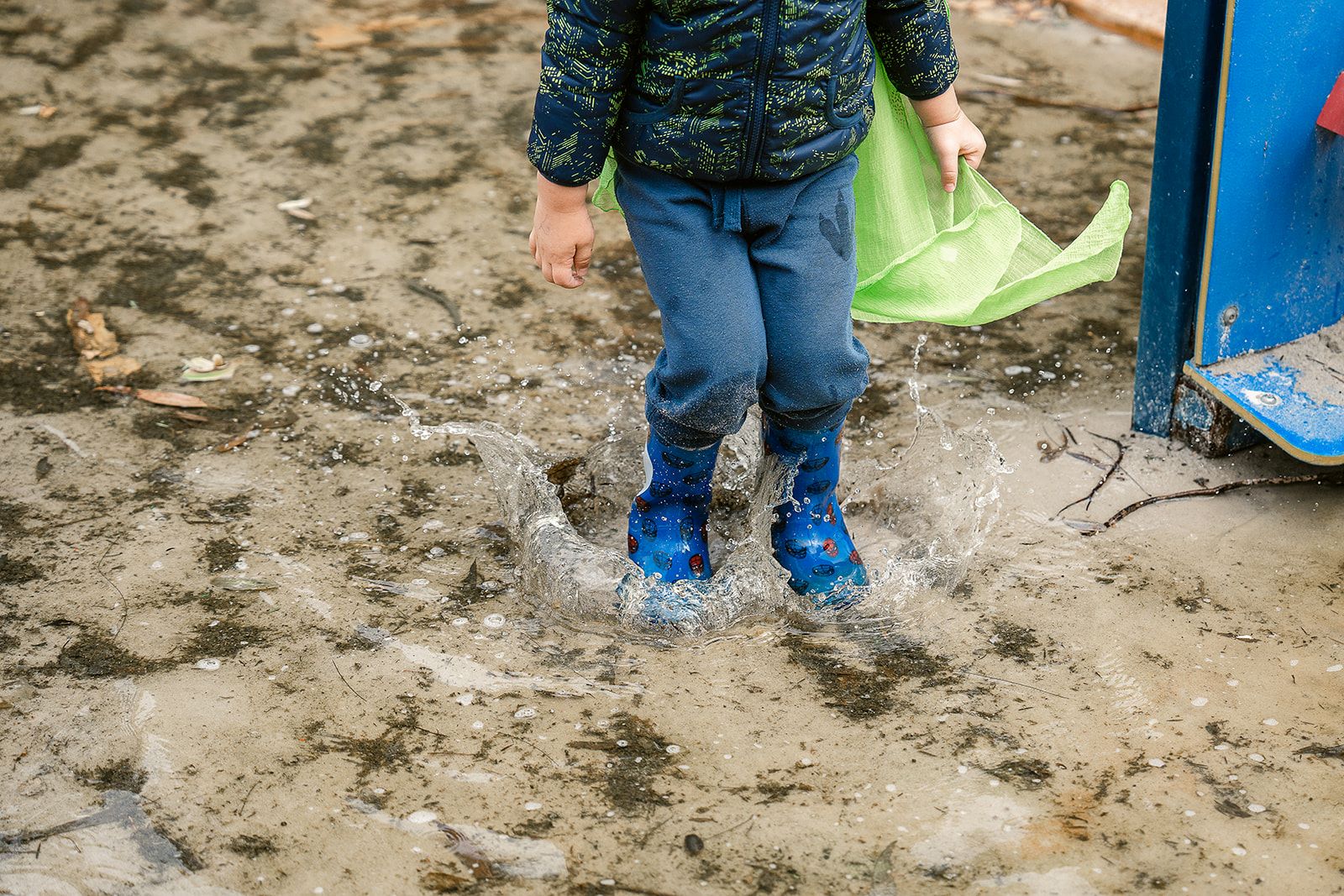
Helping families to unlock the mental and physical health benefits of connecting with nature and community through outdoor play - easily, and locally.
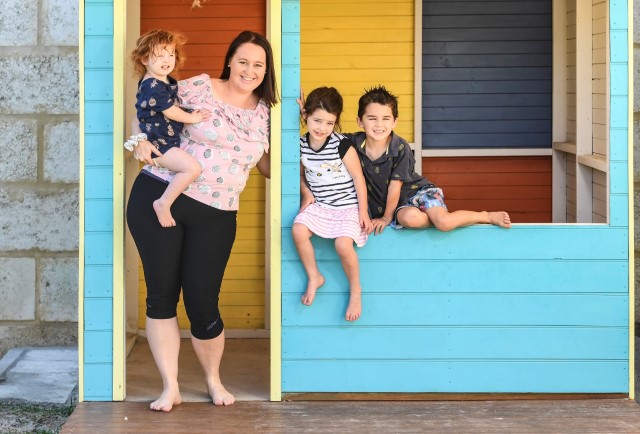
The ORIGINS Community Wellbeing during COVID-19 Project is investigating the impact of the COVID-19 pandemic on emotional wellbeing, family functioning and perceived stress on families.
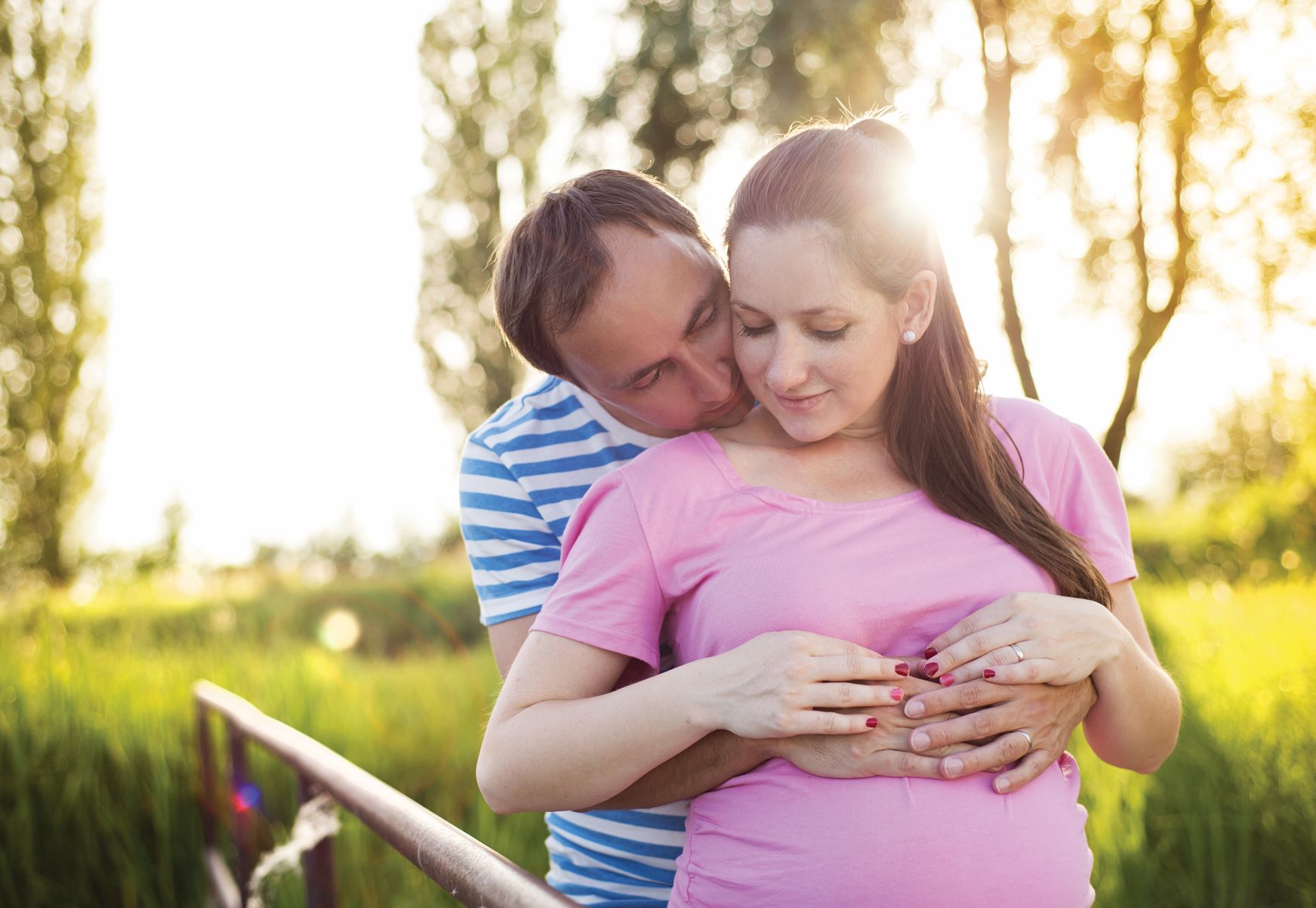
Enhancing psychological wellbeing in families from pregnancy to infancy

News & Events
West Coast Cancer Meeting 2025Join us as WA’s cancer research community comes together at the inaugural West Coast Cancer Meeting.

One of the best ways you can help your friends and others in your school to be safe online is by developing your own online knowledge and skills. It
